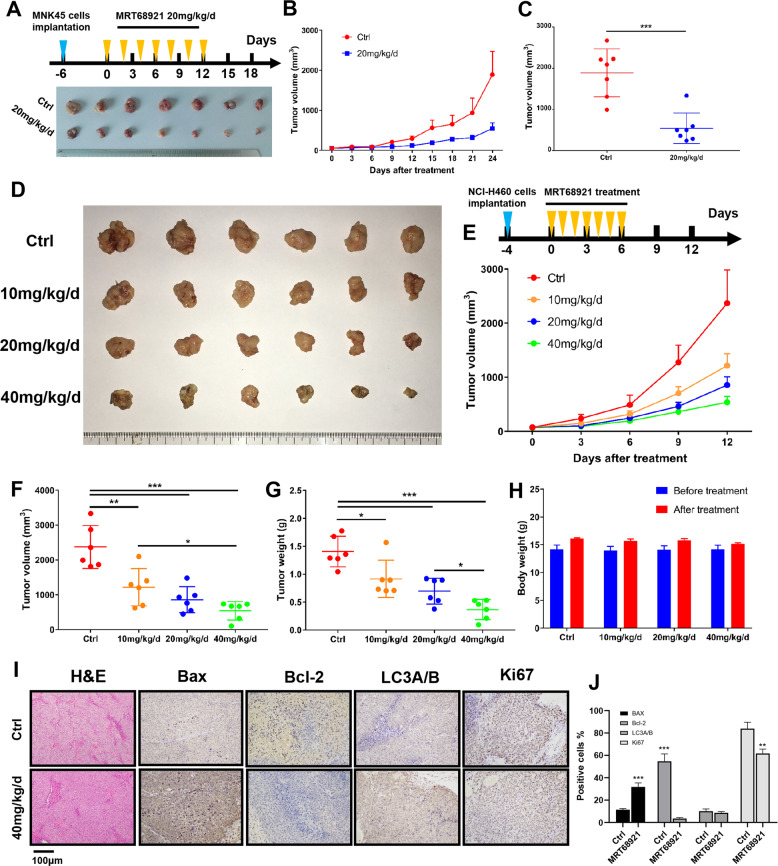Fig. 6. MRT68921 inhibits tumor growth in nude mouse xenograft models.
a–c MNK45 cells (5 × 106) were subcutaneously injected into nude mice. MRT68921 (20 mg/kg) or DMSO was injected into mice peritumorally and subcutaneously every 2 days until the seventh treatment. Tumor volumes were measured with calipers every 3 days. The tumor volumes were significantly decreased after MRT68921 treatment. Points, mean (n = 7); bars, standard deviation (SD). d, e NCI-H460 cells (5 × 106) were subcutaneously injected into nude mice. Mice were peritumorally and subcutaneously injected with different concentrations of MRT68921 (0, 10, 20, and 40 mg/kg) every day until the seventh treatment. Tumor volumes were measured with calipers every 3 days, and body weights were monitored every 3 days. f At the endpoint, each treatment group had significantly decreased tumor volumes compared with the control group. The difference between the 20 mg/kg/d group and the 40 mg/kg/d group was not significant. Points, mean (n = 6); bars, standard deviation (SD). g At the endpoint, each treatment group had significantly decreased tumor weights compared with the control group. The difference between the 20 mg/kg/d group and the 40 mg/kg/d group was not statistically significant. h The body weights of the mice in the four treatment groups were not significantly different. i Immunohistochemical analysis of the expression levels of Bax, Bcl-2, LC3A/B, and Ki67 in tumor tissues (NCI-H460 xenograft). The expression of Bax increased, while the expression of Bcl-2 significantly decreased relative to the control, indicating altered apoptotic signaling. j Quantification results of Bax, Bcl-2, LC3A/B, and Ki67 in xenograft tumor tissues.

